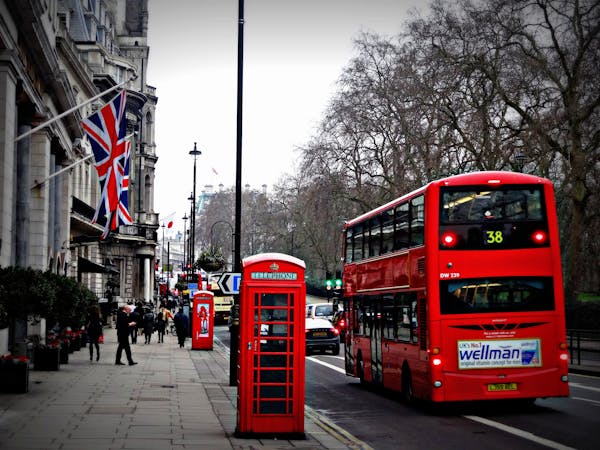So, you’re dreaming of launching your own travel business, and you’ve set your sights on the UK market? Fantastic! While the UK is a hub for travel, it might seem daunting to start a company there, especially if you’re not a resident. But don’t worry, it’s more achievable than you think, even on a tight budget. Let’s break down how you can get started, potentially even for under $50.
The Initial Spark (and why the UK?):
First, let’s address why the UK might be a good choice for your travel business. It’s a global travel hub, English is widely spoken, and it has a robust legal and business infrastructure. Even if you’re not based there, having a UK-registered company can lend credibility and open doors to international clients.
The $50 Challenge – What’s Realistic?
Let’s be upfront: $50 won’t cover everything involved in setting up a full-fledged travel agency. However, it can be the starting point for building the foundation of your business. Think of it as planting the seed. You’ll need further investment down the line, but you can absolutely begin with this small sum.
Phase 1: Laying the Groundwork (Under $50 Focus):
- Market Research (Free): This is your most valuable asset. Before you spend a dime, thoroughly research your niche within the travel industry. What kind of travel will you specialize in? Who is your target audience? What are their needs and preferences? Online resources, travel blogs, and competitor analysis are your best friends here.
- Business Idea Refinement (Free): Based on your research, refine your business idea. The more specific you are, the better. Instead of “general travel,” perhaps focus on “eco-tours in Southeast Asia” or “luxury culinary experiences in Italy.”
- Name & Brand Development (Free – DIY): Brainstorm a catchy and memorable business name. Check for trademark availability (a more formal check will cost money, but initial brainstorming is free). Think about your brand’s image and how you want to be perceived.
- Online Presence (Free – Initially): Create a basic website or landing page using free website builders. Focus on showcasing your expertise and the type of travel you offer. Social media is your other free tool. Start building a presence and engaging with potential clients.
- Networking (Free – Virtual): Join online travel communities and forums. Connect with other travel professionals and potential clients. Building relationships is crucial.
Phase 2: Formalizing Your Business (Requires More Investment):
- Company Registration: This is where you’ll start incurring costs. While you can’t register a company for $50, you can begin researching the different company structures in the UK (Limited Company, etc.) and understand the registration process. This will involve fees, which vary.
- Business Bank Account: You’ll need a separate bank account for your business. Research the options available and their associated costs.
- Insurance: Travel businesses typically require specific insurance, such as Professional Indemnity Insurance. Get quotes and understand the coverage you need.
- Legal Advice: Consulting with a legal professional specializing in business and travel law is highly recommended. This will ensure you comply with all regulations.
Phase 3: Growing Your Business (Ongoing Investment):
- Marketing & Sales: Once you’re formally registered, you’ll need a solid marketing strategy to attract clients. This could involve paid advertising, content marketing, partnerships, etc.
- Operations & Logistics: Depending on your business model, you may need to invest in booking systems, CRM software, and other tools to manage your operations effectively.
Key Takeaways for the Budget-Conscious Entrepreneur:
- Start Small, Think Big: Don’t let a limited budget discourage you. Focus on what you can do now, and build from there.
- Leverage Free Resources: The internet is a goldmine of information and free tools. Use them to your advantage.
- Network Strategically: Building relationships is essential, especially when you’re starting out.
- Prioritize Your Spending: Focus on the most critical aspects of your business first, such as legal compliance and insurance.
Starting a travel business takes time, effort, and investment. While $50 might not get you a fully operational agency overnight, it can be the catalyst for your journey. By focusing on research, networking, and building a solid foundation, you can turn your travel dream into a reality, even on a limited budget.

